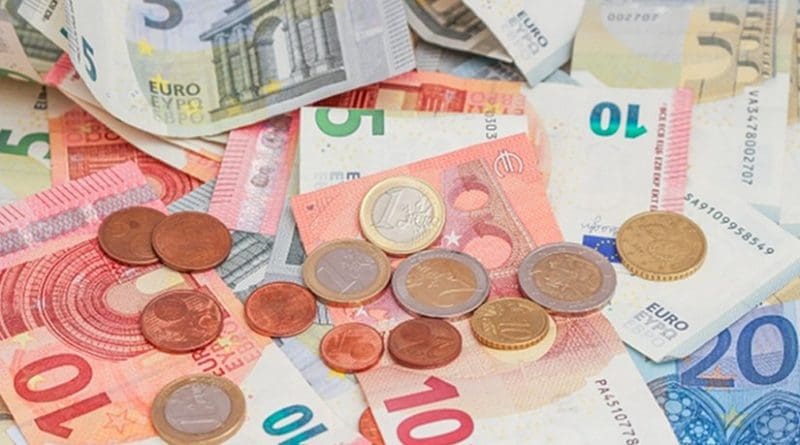Mixed Views On EU Long-Term Budget Proposals
The European Commission’s proposals for the EU’s long-term budget for 2014-2020 drew both praise and criticism from political group leaders in a lively debate on Tuesday. EP President Jerzy Buzek said the multi-annual financial framework (MFF) would be one of the most important issues that Parliament would deal with in the coming months.
Commission President José Manuel Barroso opened the debate by saying the budget would not cost more, but would be made more effective by focusing on shared goals designed to boost growth and employment and directly linked to the EU’s 2020 growth strategy. “Without growth we cannot get back on the path to prosperity.” By linking policies and seeking synergies “a euro spent at EU level can mean savings at member state level,” he said.
Poland’s Secretary of State for European Affairs Mikołaj Dowgielewicz, representing the Council, described the negotiations on the next MFF as “the most important and most challenging task of the Polish presidency”. “The EP is going to be briefed and debriefed on every debate in the General Affairs Council”, he said, adding that the Polish presidency had invited EP representatives to an informal meeting of European affairs ministers, to be held in Poland in July.
Salvador Garriga Polledo (ES, EPP) regretted the freezing of the budget. The failure to include the increase of 5% as demanded by MEPs “will leave us without any margin for negotiating with the Council if it finally rejects the proposal of the Commission and reduces the resources,” he said.
S&D group leader Martin Schulz, (DE) accused many EU governments of taking a “schizophrenic” approach to budget negotiations. “Many member states want the EU to fulfil more European tasks with less money – that will not work!” He called on Parliament to back the Commission proposal by a huge majority. Only then could they fend off countries bent on cutting the EU budget. “This debate will be decisive for the future of Europe,” he warned.
Guy Verhofstadt (ALDE/BE) – said Mr Barroso had kept his promise of a bold and radical MFF based on own-resources. Now the main task will be to win public support in the face of “wrong arguments” from those against own resources, he said. Own resources are not extra taxes, but a way for the public to have direct control over the EU budget, he added.
Martin Callanan (ECR, UK) told Mr Verhofstadt “Nobody believes you when you say that more European taxes will result in less contributions from Member States. This MFF proposal is yet another wish list by a European elite that every day becomes more and more distant from the concerns of ordinary people.” A budget freeze is the right way to go at a time of austerity across Europe.”
Daniel Cohn-Bendit (Greens/FR) also criticised the budget freeze and backed a financial transaction tax to increase the EU’s own resources. “If you take 1% of all financial transactions you would have €20-30 billion. It would be a new tax and it would not be for the ordinary man to pay, but for the financial institutions that profit massively from the European Union.”
Miguel PORTAS (GUE/NGL/PT) doubted whether European politicians had learned their lessons from the financial crisis and said that Europe needed a real budget in order to solve its problems. He described the Commission budget proposal as a “real freezing of the EU budget”. He stressed the importance of the introduction of a financial transaction tax and wondered why it had taken the Commission so many years to come out in support of this idea.
Marta Andreasen EFD/UK – was even more critical. The MFF is “an effective increase of 11%”, she said, criticising the proposals as misleading and lacking in transparency. “The previous MFF was supposed to make the EU the most competitive knowledge based economy in the world and look what happened with that…is this supposed to get use out of the current crisis.”

